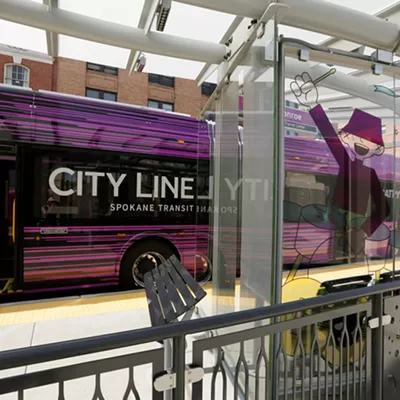Regardless of where we're at on the wealth spectrum, at some point we've all experienced aversion to the circumstances of people from other socioeconomic classes. Whether it's distaste for someone's front-yard "junk" collection, or the realization that some purchase in America could have paid for a small hospital in a developing country, income and wealth differences are increasingly sore subjects. The Institute for Policy Studies reports that "Income disparities have become so pronounced that America's top 10 percent now average nearly nine times as much income as the bottom 90 percent."
If we look at the perspectives of people in different income brackets and remember the impacts of the systems they are subject to, we can get past personal incredulity and reach out across class divides to build a society that creates more fair opportunities for all, especially for those who need them the most.
Recently I traveled throughout New England on a family vacation. While admiring the tidy colonial architecture of Boston, it suddenly hit me: not a single property showed much disrepair. I started to look for sights all too familiar back home: a peeling paint job, a boarded-up garage. Few were to be found. Later that week, I stayed in a grand old mansion on the coast of Maine where the windows alone cost more than my house. Thinking of my friends who struggle to achieve basic security, my heart was heavy even as I was surrounded by luxury.
After the initial "sticker shock" wore off. I imagined what it would be like to live in an area with such widely held wealth. Even a short period of reflection can help one appreciate what it means to live a different financial life from your own. People living in poverty or wealth tend not to see themselves in this way. They are just "down on their luck" or have "worked hard for everything they have." When you are surrounded by people similar to your own economic status, your circumstances have a way of seeming normal — no matter how unusual they are to the outside eye.
Widespread class segregation compounds a lack of social understanding. With several exceptions, many Spokane neighborhoods are easily associated with a given class. Between zip codes 99204 and 99203, the "lower" and "upper" South Hill respectively, median household income more than doubles, from $29,483 to $67,367 a year, according to Census Bureau data. What a difference that one digit makes in whether or not a child can afford college, or how a family survives a medical crisis.
Community events that integrate neighbors across class lines, such as PorchFest in Spokane's West Central neighborhood, create meaningful opportunities to connect with each other as people first. No matter how wealthy a few of us may be, we can't afford to waste time getting hung up on individual lifestyle differences. We need to save our energy and focus for the structural reforms that are our only hope for better economic balance. ♦
Mariah McKay is a fourth-generation daughter of Spokane and a community organizer campaigning for racial, social and economic justice. She currently serves as a public health advocate.

















